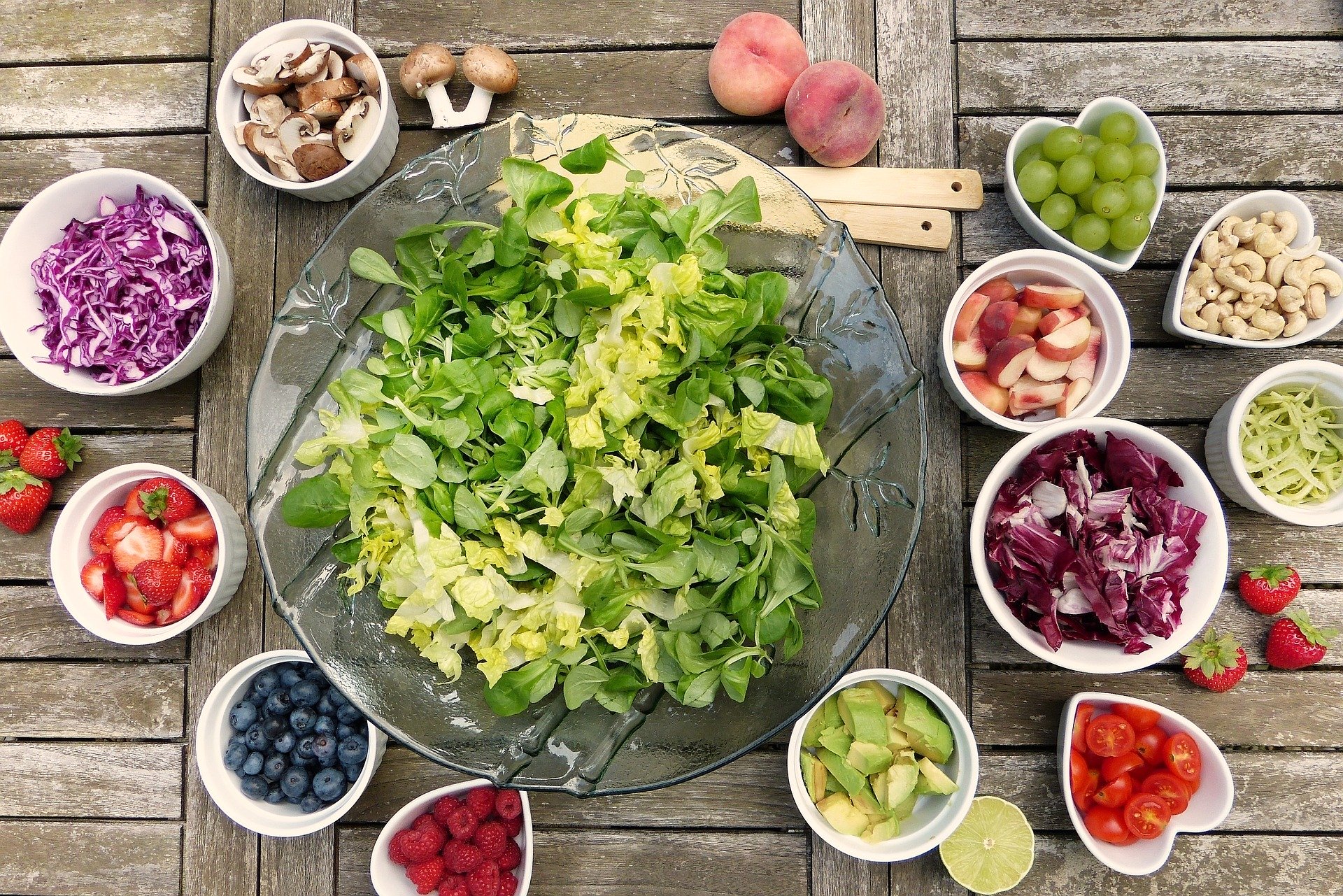The UK has experienced a huge surge in expenditure on vegan foods and plant-based diets. Supermarkets are catching on and cashing in on this growing lifestyle, with Sainsbury’s launching a 31 product vegan range at the end of last year, and fast food giants such as McDonald’s, KFC, and Burger King introducing plant-based options.
In 2014, there were 150,000 recorded vegans in the UK, this then quadrupled to 600,000 by 2019. 42 per cent of the UK’s vegans made the dietary shift in 2018 and are forecasted to make up a quarter of the British population by 2025.
Although this is a positive change, there are concerns that vegan diets don’t give the body all of the vitamins and minerals it needs to function healthily and in optimum performance.
With veganism garnering more attention and a demand for education, Google Trends data reports that the term ‘vegan supplements’ is often searched for in the UK, with a particular spike in early January 2020, likely after the indulgence of the Christmas period.
However, this isn’t suggesting that vegan diets are unhealthy- they do in fact have many nutritional advantages. However, there are some nutrients and other healthy supplements that we can’t get solely from plants.
With good planning, you can make sure you’re not missing out on anything important. If you find yourself wondering ‘what vegan supplements do I need?’, here, we’ll look at the most important additions you should be taking on a vegan diet.
Why We Need Vitamin B12
It’s thought that B12, which is derived from foods from animal sources, is one of the most important nutrients for vegans to take. There’s a common misconception that vegans who eat the right kind of plants don’t need to be wary of a vitamin B12 deficiency.
Unfortunately, there is no research to confirm this. Vegans are at higher risk of B12 deficiencies, so it’s important that adults consume around 1.5 micrograms of B12 every day.
To help with the functionality of many different aspects of our body, vitamin B12 is vital.
The health of the nervous system, protein metabolism, normal brain functionality, and the development of oxygen-carrying red blood cells are all supported by this vitamin. If not enough B12 is consumed, this can lead to anaemia, nervous system damage, infertility, and bone and heart disease. Humans used to get B12 from natural water in soil, however with declining soil quality from intensive farming and filtered water, this isn’t the case anymore. Taking supplements or fortified foods such as soymilk, nutritional yeast, meat substitutes, and breakfast cereals.
What is Vitamin D?
Vitamin D helps support a variety of different functions in our body. This fat-soluble nutrient not only helps with the healthy growth of our teeth, muscles and bones, but also the absorption of calcium and phosphorus from our guts. Vitamin D consists of two forms — vitamin D3 is taken from animal products such as oily fish, red meat, liver, egg yolk, and butter, whereas vitamin D2 comes from plants, like mushrooms, and fortified foods.
The recommended daily intake of Vitamin D is 10 micrograms a day. However, this target is sometimes difficult for a lot of us to achieve since there aren’t a lot of foods that contain this vitamin. It is primarily derived from sun exposure, which is why the NHS recommend vitamin D supplements, even for carnivores, in the darker winter months.
Iron
Iron helps enhance the transportation of oxygen and red blood cells around the body, as well as support DNA development. Therefore, an iron deficiency can result in anaemia.
Symptoms of anaemia include a decreased immune system functioning, fatigue, weakness, dizziness, and difficult concentrating. Iron is derived from meat, chickpeas, lentils, tofu, cheese, and cruciferous vegetables such as cauliflower, cabbage, kale and broccoli.
Meanwhile, Selenium and Zinc Supplements are a good bet for help with the immune system.
It is important to note that iron can block the absorption of other important vitamins and minerals, which is why you must ensure to only supplement if required to and if your GP recommends- but it’s worth being aware in case you start to feel the symptoms and aren’t sure why.
The Importance of Iodine
To help maintain a healthy thyroid function, the consumption of iodine is particularly important. This is a regulator of your metabolism.
Good sources of iodine include sea fish, shellfish, dairy, and some plants and grains depending on the level of iodine in the soil in which they grew.
If not enough iodine is taken, you can experience low energy, dry skin, forgetfulness, depression, and weight gain — so it’s recommended that adults consume 0.14mg of iodine each day.
Research suggests that vegetarians have 50 per cent higher levels of iodine in their blood in comparison with vegans, making vegans more susceptible to risk of iodine deficiency.
To ensure you are consuming the correct levels of vitamins in nutrients whilst on a vegan diet, we suggest getting your blood taken at your GP to find out what you should do.
